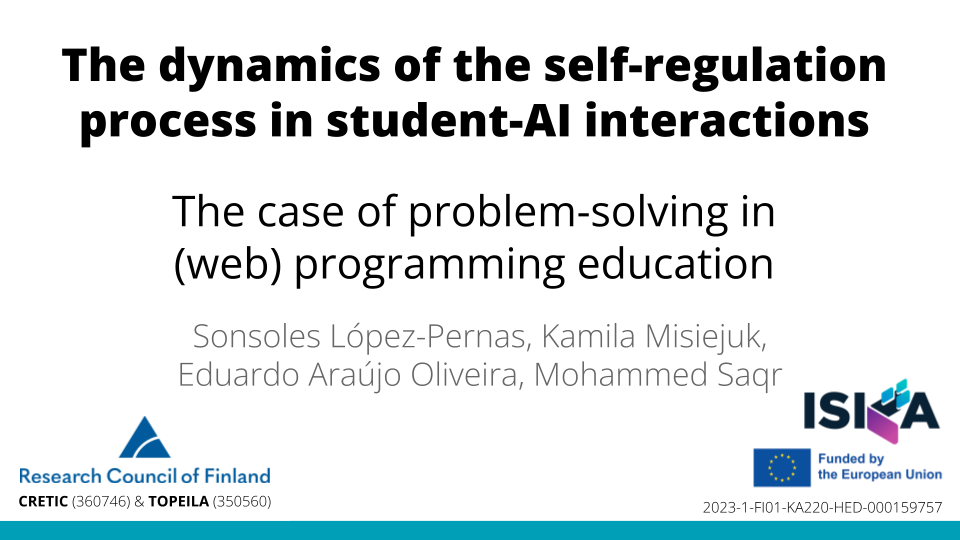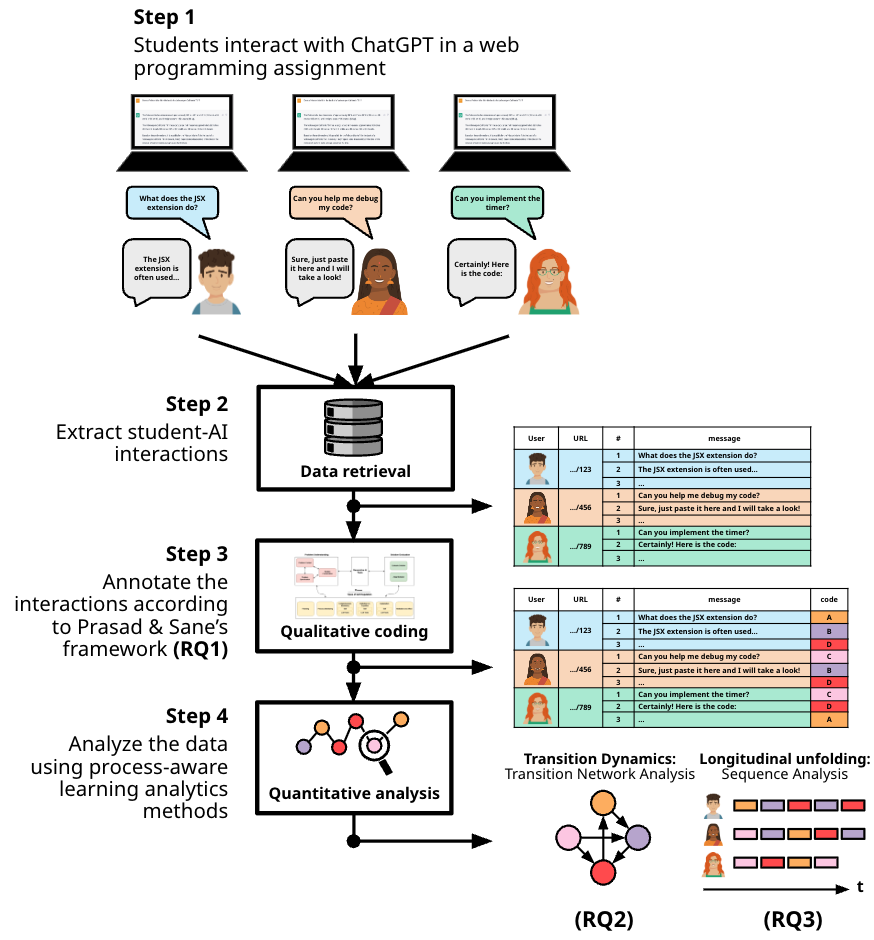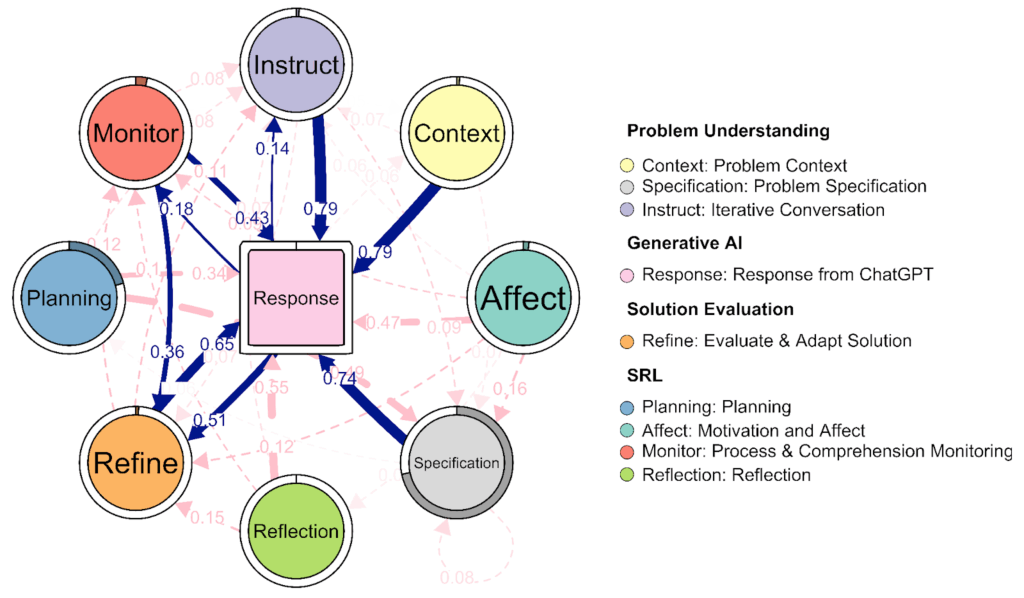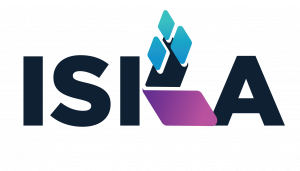Presenting our paper at Koli Calling 2025

This week, ISILA team members Sonsoles López-Pernas and Mohammed Saqr participated in the Koli Calling 2025, celebrated every year in Koli National Park (Finland). We presented our research contribution titled “The dynamics of the self-regulation process in student-AI interactions: The case of problem-solving in programming education”. We modeled student-AI interaction when completing a web programming assignment. The work made use of the data collection tools developed in ISILA, such as chatGPTscrapeR, and TNA, a new method developed by the authors in the CRETIC and TOPEILA projects funded by the Research Council of Finland. The abstract of our article is as follows:
Generative Artificial Intelligence (AI) has demonstrated significant value in code generation and support for programming tasks, leading to its widespread adoption in both industry and academia. This proliferation has introduced new opportunities and risks for learning, teaching, and the broader landscape of computer science education. Despite this rapid integration, there remains limited understanding of how students engage with these tools, particularly in terms of collaboration, dependence, and delegation. More critically, little is known about how students regulate their interactions with AI tools over time, and how such processes contribute to problem-solving. In this case study, we coded 2,376 interactions from 120 undergraduate students with ChatGPT in a web programming course using a theoretically grounded self-regulated learning (SRL) in problem-solving coding scheme. To move beyond static counts and capture the temporal and structural dynamics of these interactions, we employed novel process-oriented learning analytics: transition network analysis and Sequence Analysis. Our findings reveal that while students frequently employed regulatory prompts aimed at process monitoring and problem-solving, they rarely engaged in deeper metacognitive strategies such as reflection or evaluation. This suggests a prevailing focus on surface-level regulation over deeper learning processes in student-AI interactions. Our results serve as a critical warning, highlighting a tendency towards ’cognitive offloading’ that could undermine the development of independent, lifelong learners in computer science.
The proceedings of the conference, which include our paper, are published in ACM DL:
Sonsoles López-Pernas, Kamila Misiejuk, Eduardo Oliveira, and Mohammed Saqr. 2025. The dynamics of the self-regulation process in student-AI interactions: The case of problem-solving in programming education. In Proceedings of the 25th Koli Calling International Conference on Computing Education Research (Koli Calling ’25). Association for Computing Machinery, New York, NY, USA, Article 37, 1–12. https://doi.org/10.1145/3769994.3770043
Below is the methodological pipeline followed:

Our results show that self-regulation was largely confined to task performance activities, primarily instructing, refining, and problem specification. From a cognitive perspective, the involvement of AI appears to disrupt the cyclical phases of forethought, performance, and self-reflection that typically underpin SRL. The data collected from students who engaged with generative AI supports this concern and stands in contrast to the model proposed by Prasad & Sane, which assumes—or perhaps idealistically envisions—a balanced participation across all SRL phases during student-AI problem-solving.

